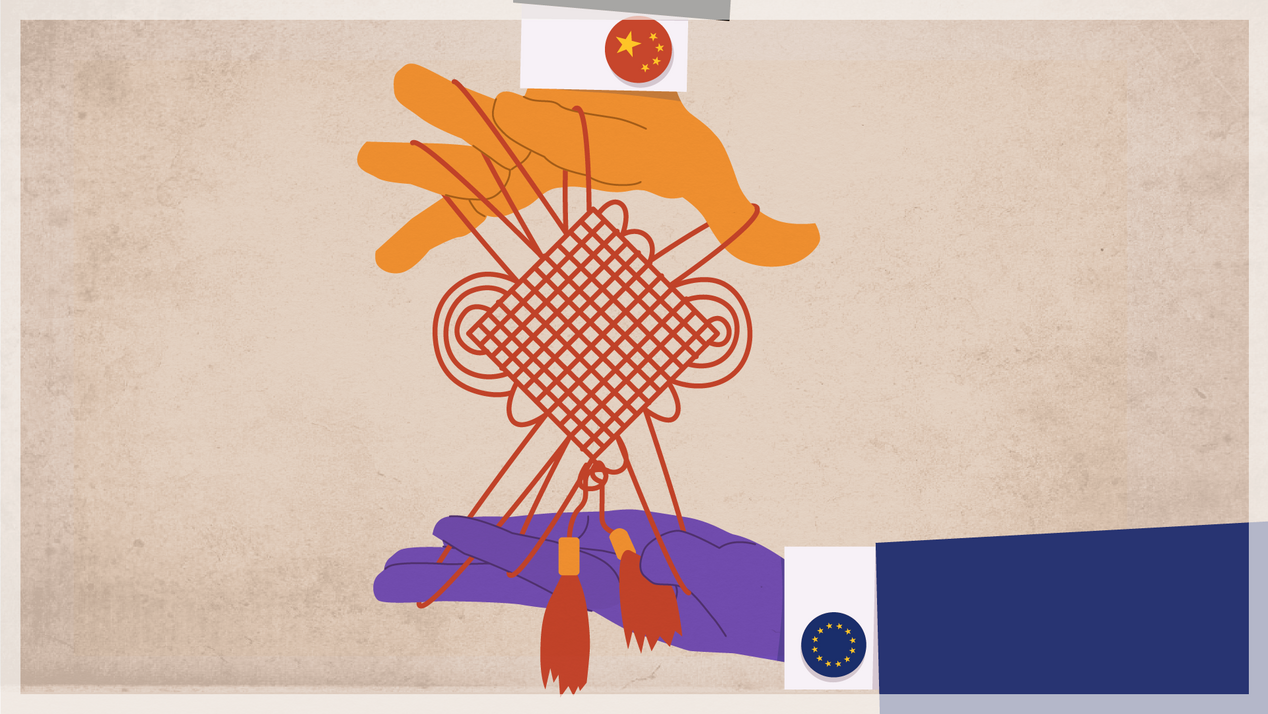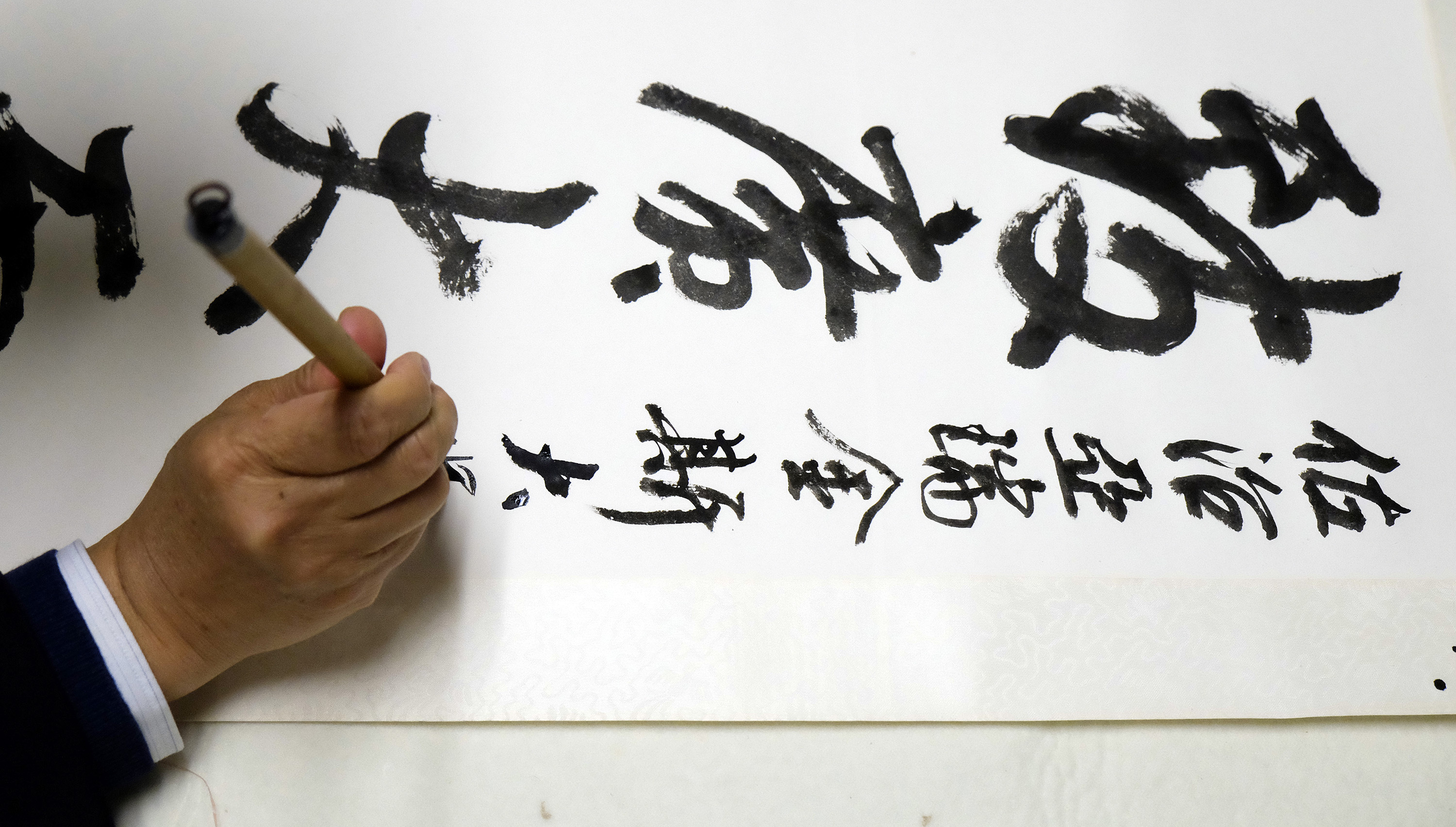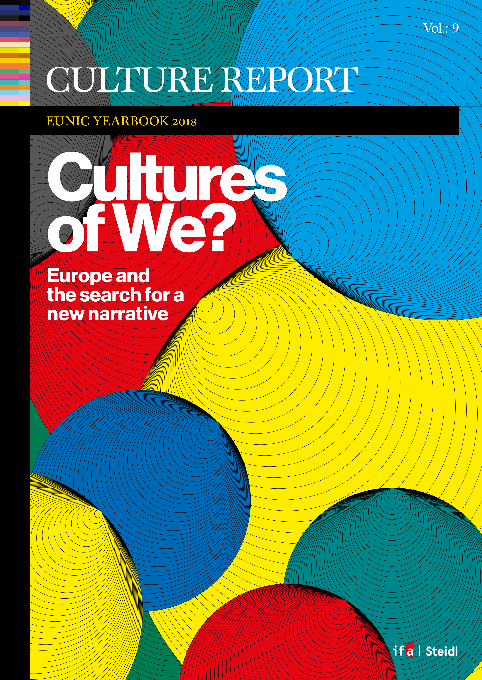There are a number of complex geopolitical uncertainties that could hinder China-Europe relations in future in ways that are unpredictable. In spite of this, it is not difficult to identify symbolic embodiments of the spirit of (cautious) optimism in public and academic discussions on the future relations between China and Europe. This is especially the case in China. For example, Professor Wang Yiwei, an expert in International Relations based at Renmin University of China, published an opinion piece on the front page of the People’s Daily Overseas Edition on 31 May 2017, a day before the start of China’s Premier Li Keqiang’s official visit to Europe, in which he painted a rosy picture of future China-Europe relations.
He also suggested that the global impact of these relations will be stronger in future as both a ‘Global China’ and ‘Global Europe’ are emerging as important poles in the 21st century. Such optimism can in part be seen as a by-product of China’s increasing assertiveness in handling its external relations in general and its relationship with Europe in particular. More importantly, China and Europe have reached the same conclusion: that they need each other’s cooperation and partnership more than ever before in order to handle various global uncertainties in the age of Trump.
They also share a long-term goal to build a truly new multipolar world order. From China’s point of view, handling ist relationship with Europe is considered as a less tricky affair than handling relationships with the USA and neighbouring Japan. There is neither an intensive geopolitical rivalry (such as that which exists between China and the USA) nor the burden of history (which has compromised the relationship with Japan) to create obstacles to the present or future of China-Europe relations. China-Europe relations are thus relatively free of baggage and can be more forward-looking.
From China’s perspective, this is indeed the right time to strengthen its ‘strategic partnership’ with the European Union. At least two main reasons can justify the timing. First, President Xi Jinping has just started his second five-year term (2017-2022). Second, under Xi’s leadership, China’s ambitious Belt and Road Initiative (BRI) was launched in 2013, and is now in full swing, covering Eurasia and surrounding areas.
China and Europe have reached the same conclusion: that they need each other’s cooperation and partnership more than ever before in order to handle various global uncertainties in the age of Trump.
Strategic partnership between China and the EU The ‘strategic partnership’ between China and the EU was officially established in 2003. Since then China-EU relations have experienced ups and downs. There have been disputes, which could be seen as unavoidable for a partnership between the largest group of developed liberal-democratic countries and the world’s largest developing authoritarian country. These disputes have been partly trade-related and partly involving different interpretations of fundamental human rights and key political values. Some of these disputes, mostly those which were trade-related, have been settled; others, mostly concerning political values and ideologies, are unlikely to be resolved in the foreseeable future. In this context, then, where are China-Europe relations going in the next five years?
Since 2014, Chinese policymakers and scholars have openly called for a further strengthening of the multidimensional relationship between the two major civilisations, represented by China and Europe.
According to some Chinese scholars’ newly adopted view, inspired by Martin Jacques, a UK-based China expert, China deserves to be treated as a ‘civilisation state’, which has managed to survive with a continuing / unbroken civilisation, just like Europe as a whole.








